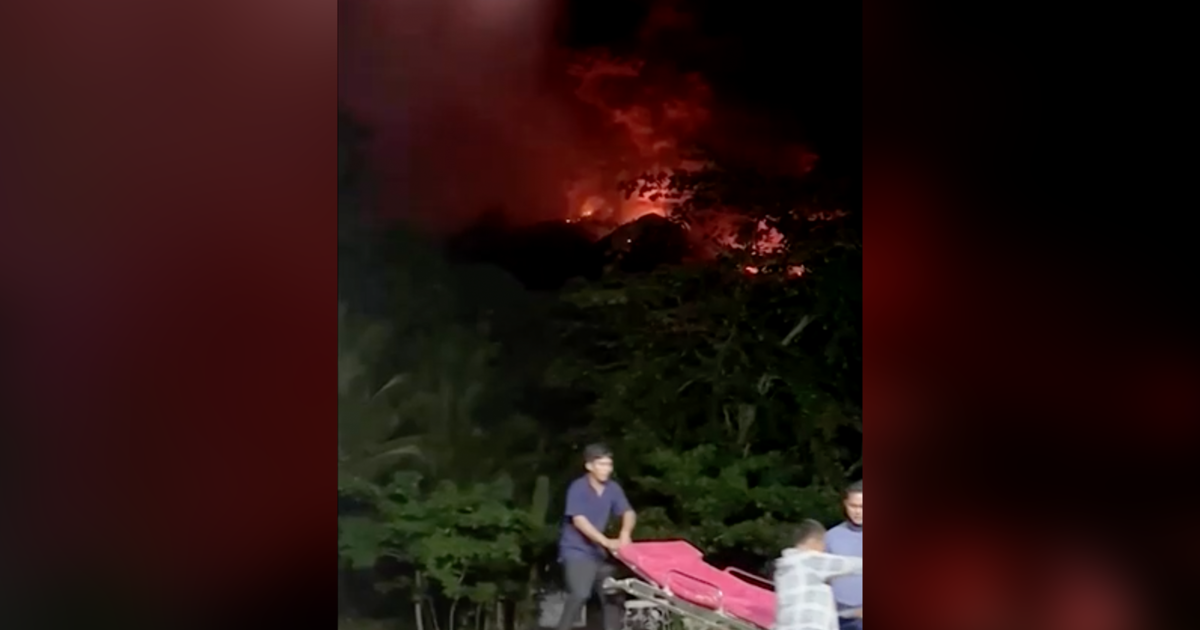Thanks to anti-COVID efforts, expert says South Africa "didn't have a flu season this year"
Johannesburg — The coronavirus pandemic has delivered a lot of devastating news over the past few months, but in South Africa, the virtual elimination of the common flu stands out as a rare positive side effect. As COVID-19 reached South Africa's doorstep in March, epidemiologists braced themselves for a double whammy — the deadly new coronavirus on top of the devastation caused annually by influenza.
Special monitoring units were set up by the country's National Institute of Communicable Diseases, the NICD. They waited, and watched, but there was nothing.
"What happened was completely unprecedented and unexpected in that, in fact, what we saw is that we just didn't have a flu season this year in South Africa. That really is unprecedented," Dr. Cheryl Cohen, co-head of the NICD's Centre for Respiratory Disease and Meningitis, told CBS News.
On average this country records around 11,000 deaths from influenza every year, and South Africa has very advanced flu monitoring surveillance programs. Three separate labs screen about 4,000 people at random and, most years, they record more than 1,000 flu cases. This year there was only one reported case of the flu virus from those labs.
Some experts credited the closure of South Africa's borders with the virtual elimination of seasonal flu this year, and certainly airports like the major international hub in Johannesburg have been eerily quiet for the past six months.
But Cohen thinks that while the border closures could have had some effect, it's the pandemic protection measures such as social distancing, hand sanitisation and masks that have made the real difference.
"It's really a natural experiment that shows us if we all wore masks and if we all do these measures, we might, in fact, be able to reduce the flu dramatically," she said.
School children are also the main drivers of flu transmission, and Cohen believes that the closure of schools might have a bigger impact on stopping the flu than on the spread of COVID–19, which she said could serve as a cautionary tale for schools reopening in the Northern Hemisphere.
"Of course, with school closures, there's a lot to balance, right? The negative impact on schools, of the education, may not justify closing the schools, for example, to keep down the flu," she said.
Asked what her advice to the global north would be, as flu season arrives in places including the United States, Cohen cautioned that influenza was an unpredictable virus and South Africa's experience wouldn't necessarily be replicated elsewhere.
She urged other nations "to prepare as if there is a possibility of a severe flu season," including by promoting influenza vaccinations, "which is the one specific intervention."
But, she said it was also well worth sticking with the anti-COVID measures, including masks, which "should hopefully reduce reduce flu."



